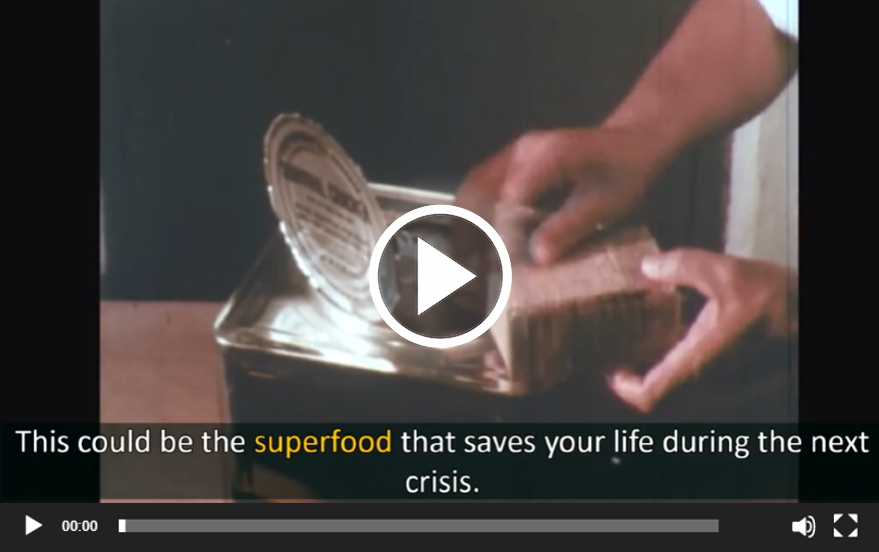In March 2023, the world witnessed a pivotal moment in history. The United Nations Water Conference, co-hosted by the Netherlands and Tajikistan, convened in New York. This event, the first of its kind in nearly half a century since the inaugural conference in Argentina in 1977, was not just another diplomatic gathering. It was a clarion call, a stark reminder of the escalating global water crisis that threatens to derail our very existence.
Henk Ovink and Sulton Rahimzoda, the Special Envoys for International Water Affairs for the Kingdom of the Netherlands and the President of the Republic of Tajikistan respectively, envisioned this conference as a watershed moment, akin to the Paris Agreement for climate action. But beneath this veneer of environmental stewardship and global cooperation lies a narrative far more unsettling.
The UN’s own admission on their website paints a grim picture: our progress on water-related goals is alarmingly off track, jeopardizing the entire sustainable development agenda. They titled their project ‘Uniting the World for Water’, but what does this unity entail? Is it a genuine effort to solve a global crisis, or is there an ulterior motive at play?
Exposed: UN’s Master Plan – First Water, Now Food! How to Prepare for the Upcoming Global Poisoning Crisis!

The World Economic Forum (WEF), a week before the conference, published an article by Ovink and Rahimzoda, ostensibly to raise awareness. However, a WEF press conference held six months earlier during its 2022 annual meeting reveals a startling truth. The launch of the Global Commission on the Economics of Water was not just about valuing and managing water as a ‘common good’. This term, ‘common good’, is a euphemism laden with historical baggage.
The concept of the ‘common good’ has been a tool for social control, employed in various ideologies like socialism, fascism, Nazism, and communism. It’s a principle that prioritizes collective needs over individual rights, often leading to the suppression of personal freedoms under the guise of societal benefit. Hermann Goering, a prominent Nazi politician, once stated, “common good comes before private good.” This ideology, where a ruling class dictates what is good for society, has been a pretext for some of the most oppressive regimes in history.
At the WEF press conference, Alem Tedeneke and the co-chairs of the Commission, including Professor Mariana Mazzucato, Professor Johan Rockström, and Tharman Shanmugaratnam, President of Singapore, unveiled their report ‘Turning the Tide – A Call to Collective Action’. They boldly claimed this report would reshape our approach to water management in the 21st century. But the underlying narrative was far more insidious.
Mazzucato’s remarks at the conference were particularly revealing. She drew parallels between the global water crisis and the Covid and climate crises, suggesting a pattern of global threats used to rally collective action. The implication was clear: these crises are being leveraged to push a global agenda under the banner of the ‘common good’.

This strategy is not new. Alexander King, President of the Club of Rome from 1984 to 1990, in his 1991 book ‘The First Global Revolution’, discussed the need for a new enemy to unite humanity. He suggested global threats like pollution, global warming, water shortages, and famine could serve this purpose. These crises, he argued, demand global solidarity but also risk mistaking symptoms for causes. They are, in essence, human-made and can only be resolved through a change in human behavior and attitudes.
The UN Water Conference, then, is not just about addressing a critical environmental issue. It’s part of a larger narrative, one that uses global crises to consolidate power and control under the guise of solving these problems. The global water crisis, like the Covid and climate crises before it, is being positioned as the next ‘common enemy’ to rally the world under a unified, but potentially manipulative, agenda.
The implications of this are profound and far-reaching. It’s not just about managing a precious resource; it’s about who controls that resource and for what purpose. The narrative being spun around the global water crisis is a masterclass in manipulation, using genuine environmental concerns to advance a broader agenda of control and compliance.
As citizens of the world, we must be vigilant. We must question the narratives being presented to us, especially when they come wrapped in the cloak of global cooperation and the common good. The UN Water Conference is a case in point. Behind its noble facade lies a complex web of power plays and hidden agendas. It’s a reminder that in the world of global politics and environmental crises, nothing is ever as straightforward as it seems.




